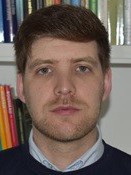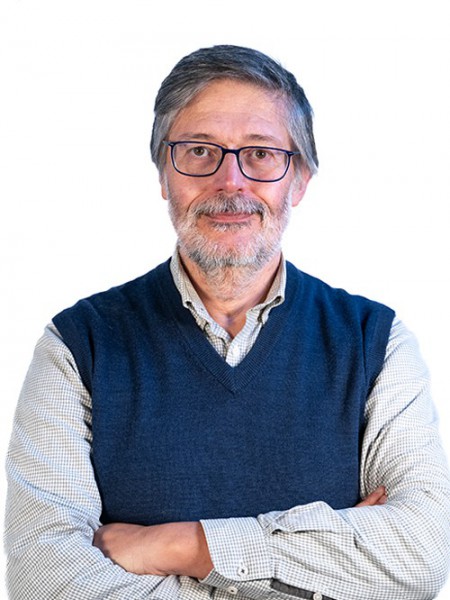abstract
Time Differential Perturbed Angular Correlation of gamma-rays (TDPAC) experiments were performed for the first time in the decay of Cu-68m (6(-), 721 keV, 3.75 min) produced at the ISOLDE facility at CERN. Due to the short half-life of the source isotope, the measurements were carried out online. The intermediate state (2(+), 84.1 keV, 7.84 ns) offers the unique opportunity to study the electromagnetic fields acting at a copper probe in condensed matter via hyperfine interactions. The present work allowed determination of the nuclear moments for this state. The electric quadrupole moment vertical bar Q(2(+), 84.1 keV)vertical bar = 0.110(3) b was obtained from an experiment performed in Cu2O and the magnetic dipole moment vertical bar mu vertical bar = 2.857(6) mu(N) from measurements in cobalt and nickel foils. The results are discussed in the framework of shell model calculations and the additivity rule for nuclear moments with respect to the robustness of the N = 40 sub-shell. Copyright (C) EPLA, 2016
keywords
PERTURBED ANGULAR-CORRELATIONS; TEMPERATURE-DEPENDENCE; RESONANCE; COMPLEXES; ALLOYS; FIELDS; CU-63; CO
subject category
Physics
authors
Fenta, AS; Pallada, S; Correia, JG; Stachura, M; Johnston, K; Gottberg, A; Gerami, AM; Roder, J; Grawe, H; Brown, BA; Koster, U; Mendonca, TM; Ramos, JP; Marsh, BA; Goodacre, TD; Amaral, VS; Pereira, LMC; Borge, MJG; Haas, H
our authors
acknowledgements
The authors would like to thank the ISOLDE operation and technical teams. We kindly acknowledge Prof. DANIEL GALAVIZ for the valuable suggestions improving the readability of the paper. This project has received funding through the European Union's Seventh Framework Programme for Research and Technological Development under Grant Agreements 262010 (ENSAR) and 289191 (LA3NET), by the Found for Scientific Research-Flanders (G.0983.15) and the KU Leuven BOF (CREA/14/013 and STRT/14/002) from Belgium, by project from the Foundation for Science and Technology (FCT) of Portugal (CERN-FIS-NUC-0004-2015) and by project CICECO-Aveiro Institute of Materials, (POCI-01-0145-FEDER-007679) - FCT Ref. (UID/CTM/50011/2013), financed by national funds through the FCT/MEC and when appropriate co-financed by FEDER under the PT2020 Partnership Agreement. ASF acknowledges the PhD grants support by FCT (SFRH/BD/84743/2012) and KU Leuven. BAB acknowledges NSF grant (PHY-1404442). SP acknowledges the Greek State Scholarships Foundation (I.K.Y.), Project scholarships I.K.Y. from resources of



